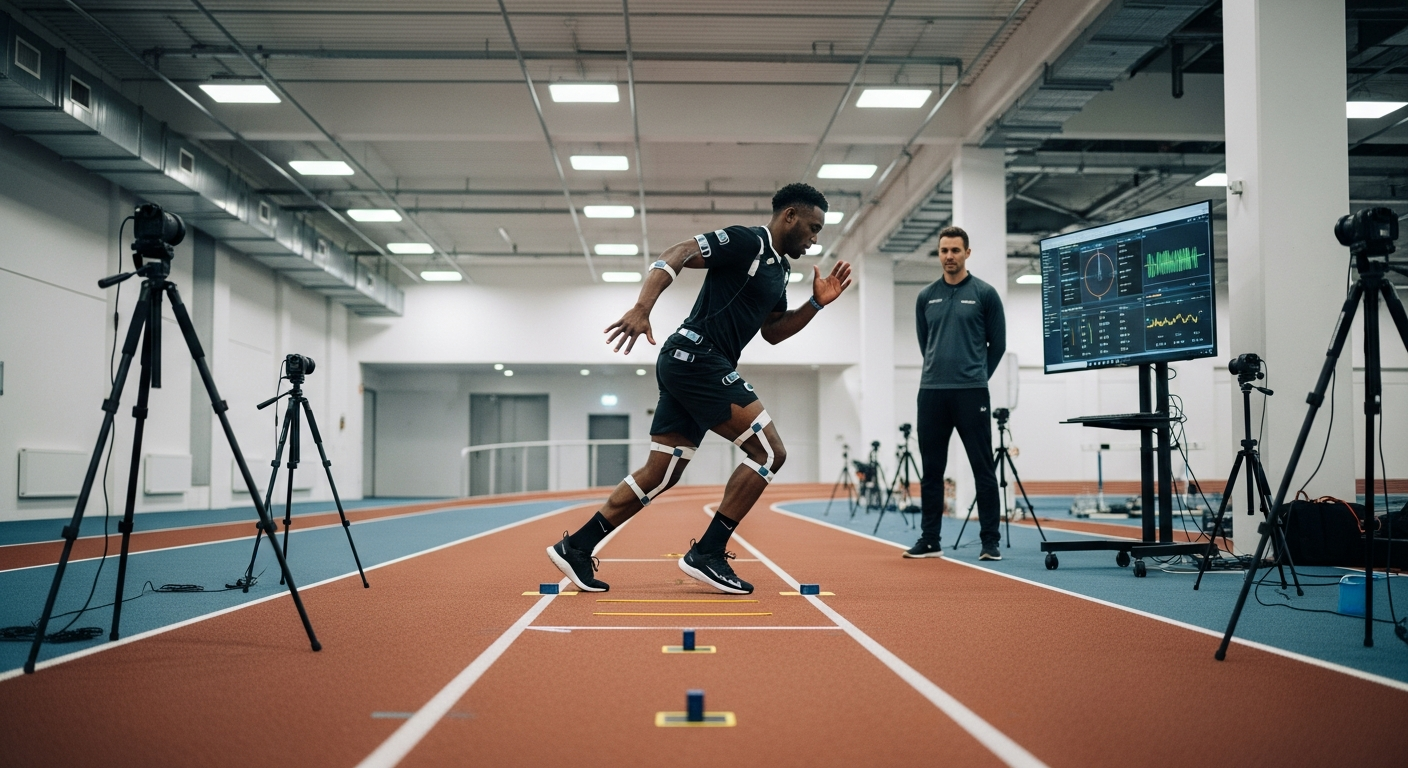The Unseen Power of Mental Resilience in Sports
The world of sports is often seen as a physical battlefield, where the strongest, fastest, and most skilled athletes reign supreme. Yet, beneath the surface of physical prowess, a less visible but equally critical arena exists: the mental game. This article delves into the unseen power of mental resilience in sports, its historical context, current trends, and practical applications in the sports industry.

The Historical Context of Mental Resilience in Sports
The concept of mental resilience in sports is not new. Ancient Greek Olympians practiced forms of mental conditioning, using visualization techniques to prepare for competitions. The rise of sports psychology in the 20th century brought a scientific approach to understanding the mental aspects of athletic performance. Since then, the importance of mental resilience has only grown, with top athletes and coaches recognizing its crucial role in achieving success.
Current Trends and Insights
Today, mental resilience is more than just a buzzword—it’s an integral part of modern sports. The increasing awareness around mental health has also propelled the importance of mental resilience in sports. Athletes are now encouraged to develop mental toughness, not just to enhance performance but also to cope with the pressures that come with being in the sports industry.
Sports psychologists and coaches are increasingly incorporating mental resilience training into athletes’ routines. Techniques such as mindfulness, cognitive behavioral therapy, and positive self-talk are commonly used to build mental resilience.
The Benefits and Challenges of Mental Resilience
The benefits of mental resilience are manifold. Athletes with high mental resilience are better equipped to handle stress, maintain concentration, and recover from setbacks. They display a tenacious spirit, turning challenges into opportunities for growth.
However, building mental resilience is not without its challenges. It requires consistent effort, self-awareness, and often, a change in mindset. Additionally, the stigma around mental health in sports can sometimes hinder athletes from seeking help or openly discussing their mental struggles.
Real-World Applications
In the real world, mental resilience is not just for athletes. It’s a skill that can be honed by anyone, regardless of their involvement in sports.
In the workplace, mental resilience can aid in managing stress and bouncing back from failures. In education, it can help students cope with academic pressures and improve their learning capabilities.
Concluding Thoughts
Mental resilience in sports is an intriguing and significant topic. As the sports industry continues to evolve, the emphasis on mental resilience is likely to grow, fostering a more holistic approach to athletic performance and well-being. The field is ripe with opportunities for further research and discussion, making it a topic of interest for sports enthusiasts, athletes, and even the general public.
Every athlete, every competition, and every moment in sports is a testament to the power of mental resilience. It’s the unseen force that propels athletes forward when their bodies insist on giving up. It’s the silent cheerleader, whispering words of encouragement when the crowd’s roars fade into the background. It’s the coach that never leaves, providing guidance even when the training session is over.
In the end, sports are as much a test of mental strength as they are of physical ability. And in this test, mental resilience is the secret weapon that can make all the difference.






